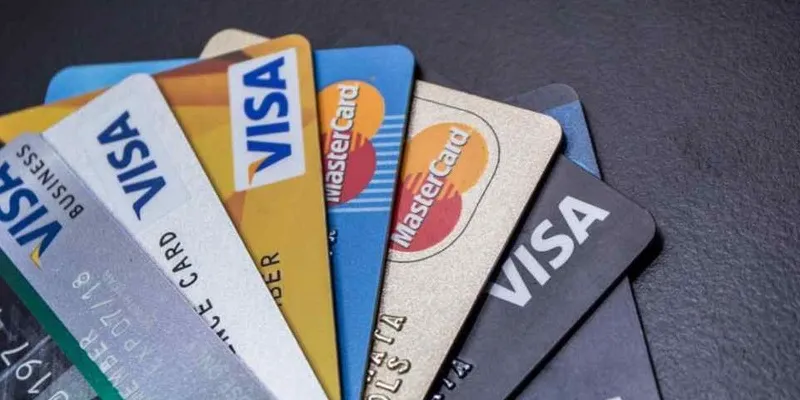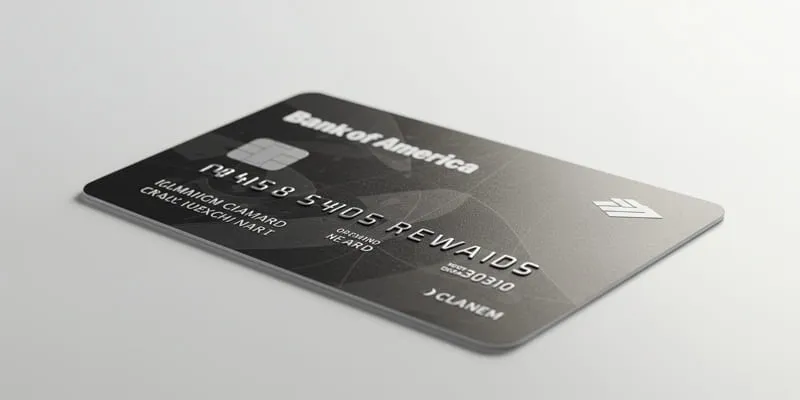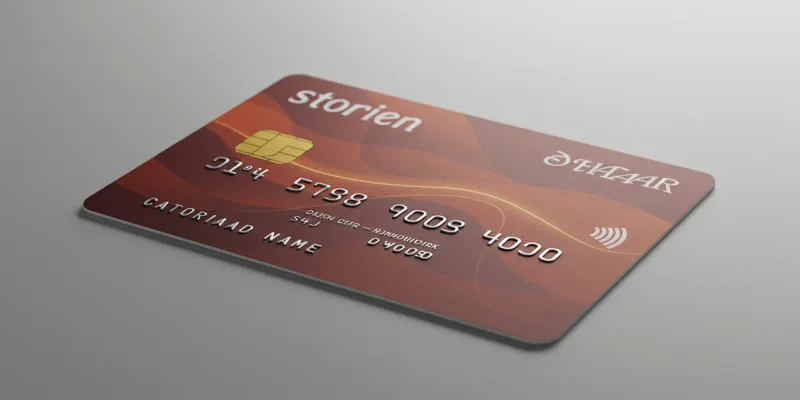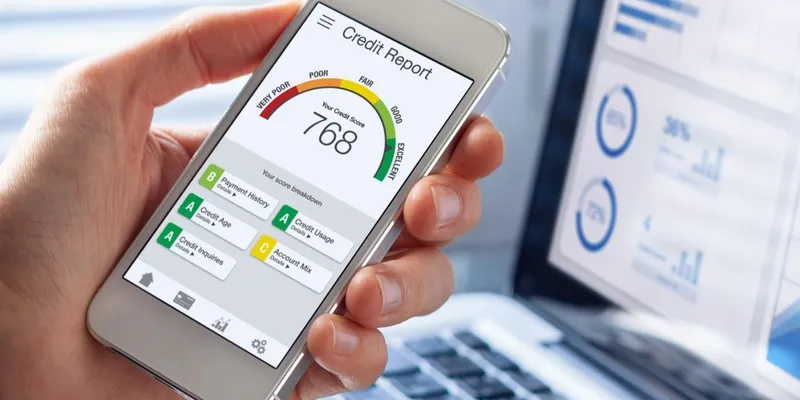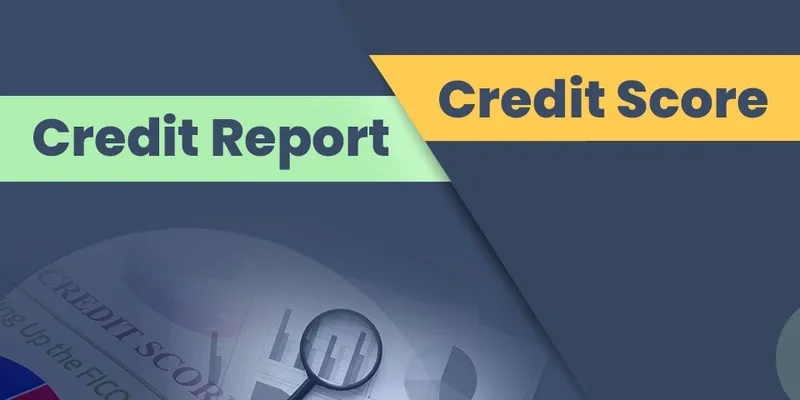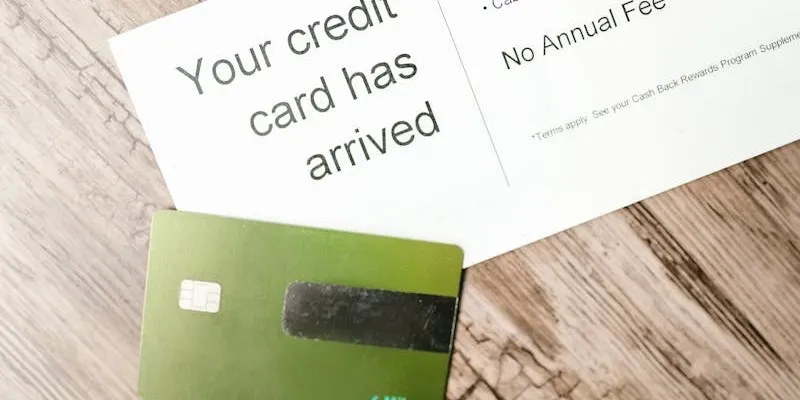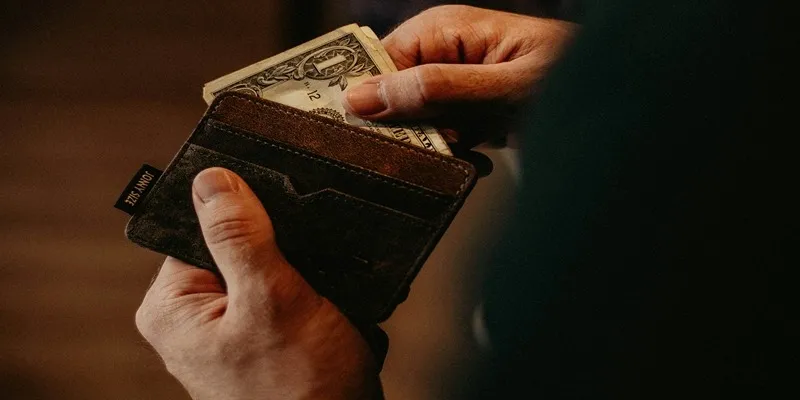Borrow Money Like a Pro with These Simple Strategies
When you need to borrow money, it’s crucial to find the right option that works for you. Whether it’s for an emergency, a significant purchase, or to cover unexpected costs, understanding the best ways to borrow can save you time and money. From personal loans to credit cards, or borrowing from friends or family, there are many choices available. Each option has its benefits and risks, so knowing what fits your situation is key to making a smart financial decision. Here are some of the best ways to borrow money and their pros and cons:
Personal Loans

Personal loans are popular because they offer fixed interest rates and a defined repayment term, which can be used to fund almost anything. These loans can be acquired from banks, credit unions, or online lenders. Loan limits typically range from $1,000 to $50,000, with repayment periods between one and seven years.
Pros:
- Fixed interest rates make budgeting easier as monthly payments remain consistent.
- You have a set repayment term, so you know exactly when the loan will be paid off.
- Personal loans can be used for various purposes, such as debt consolidation, home improvements, or emergencies.
- They often have lower interest rates compared to credit cards and payday loans, making them a more affordable option.
Cons:
- You may need good credit to qualify for the best interest rates and loan terms.
- Some lenders charge origination fees, which can increase the overall cost of the loan.
- The application process can take longer compared to other options like credit cards or payday loans.
Credit Cards
Credit cards are a flexible form of credit that allows you to charge items or take cash in advance. With a credit limit, it’s possible to borrow both small and large amounts. By using a credit card, you must make a monthly minimum payment, although you can pay more than the minimum or even the full amount.
Pros:
- Credit cards offer flexibility and can be used for various purchases.
- They often come with rewards and cashback programs that can save you money over time.
- Some credit cards offer introductory 0% APR periods, allowing you to borrow without paying any interest for a set amount of time.
Cons:
- High-interest rates on credit cards make them an expensive option if you carry a balance.
- It’s easy to accumulate debt with credit cards, leading to financial strain if not managed properly.
- Missing payments or carrying high balances can negatively impact your credit score.
Friends and Family
Borrowing from friends or family is a common choice for those who need money quickly. It can often be interest-free and come with flexible repayment terms. However, it’s important to handle these loans with care as they can strain relationships if not managed properly.
Pros:
- Borrowing from friends or family can be interest-free, making it a more affordable option.
- You may have more flexibility with repayment terms compared to traditional loans.
- The application process is usually quick and easy.
Cons:
- Mixing personal relationships with financial matters can create tension if expectations are not clearly communicated.
- If you fail to repay the loan, it can damage your relationship with your loved ones.
- It’s important to have a written agreement to avoid misunderstandings and conflicts.
Payday Loans
Payday loans are short-term, high-interest loans typically used for emergency expenses. They have a quick application process and do not require a credit check, making them an option for those with poor credit. However, they come with significant risks and should only be considered as a last resort.
Pros:
- The application process is fast and easy.
- You can qualify for a payday loan even with bad credit.
- Payday loans can provide quick access to cash in an emergency.
Cons:
- Interest rates on payday loans can reach up to 400%, making them one of the most expensive borrowing options.
- Failing to repay the loan can result in additional fees and damage your credit.
- The short repayment terms can make it difficult to pay off the loan on time, leading to a cycle of debt.
Pawnshop Loans

Pawnshop loans involve using an item of value as collateral to secure a loan. The amount you can borrow is typically a fraction of the item’s value, and interest rates can be high.
Pros:
- Pawnshop loans do not require a credit check or income verification.
- You can receive your money on the spot without having to wait for approval.
- If you fail to repay the loan, there is no impact on your credit score.
Cons:
- Interest rates on pawnshop loans are typically higher compared to other options such as personal loans or credit cards.
- You risk losing your valuable item if you cannot pay back the loan on time.
- Pawnshop loans may only provide a fraction of the item’s value, making it difficult to borrow large sums of money.
401(k) Loans
If you have a 401(k) retirement account, you may be able to borrow from it in case of an emergency. You will need to repay the loan with interest, but the interest payments go back into your retirement account.
Pros:
- Borrowing from your 401(k) does not require a credit check or income verification.
- The interest rates are typically lower compared to other borrowing options.
- The interest payments go back into your retirement account.
Cons:
- If you leave your job before repaying the loan, it can result in taxes and penalties.
- By taking out a loan from your retirement account, you risk losing potential investment returns on that money.
- If you cannot repay the loan, it will be treated as a withdrawal and may have penalties and tax implications.
Conclusion
There are various options for borrowing money, each with its pros and cons. It’s important to carefully consider your financial situation and needs before choosing a borrowing option. Make sure to read the terms and conditions carefully and fully understand all associated fees, interest rates, and repayment terms. Remember to borrow responsibly and only take on debt that you can comfortably manage to avoid any negative impacts on your credit or financial well-being.

